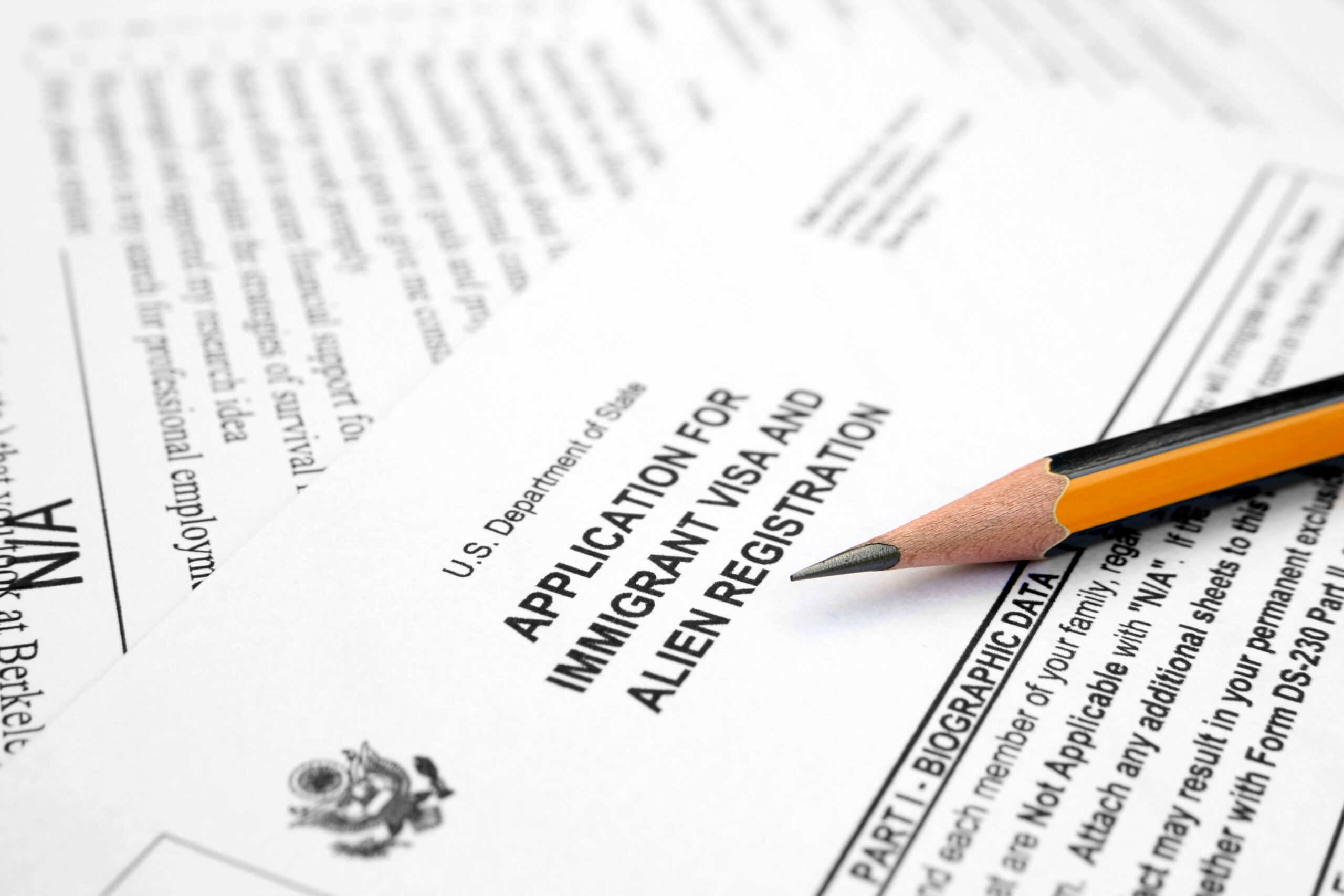On September 22, 2020, U.S. Citizenship and Immigration Services (USCIS) updated its website to indicate that it would resume implementing the Inadmissibility on Public Charge Grounds final rule (often referred to as the “public charge rule”) on a nationwide basis. The updated policy follows a series of recent federal court decisions on the controversial rule. The most recent of these decisions, issued on September 11, 2020, by the United States Court of Appeals for the Second Circuit, lifted a temporary injunction blocking the U.S. Department of Homeland Security and USCIS from implementing the rule, including within the Second Circuit states of New York, Connecticut, and Vermont.
USCIS’s website states that it “will apply the public charge final rule to all applications and petitions postmarked or submitted electronically on or after February 24, 2020, including pending applications and petitions.” Implementation of the public charge rule means that adjustment of status (i.e., green card) applicants will again be required to file the new Form I-944, Declaration of Self-Sufficiency, which requires submission of substantial documentation and information related to household income and assets, debts and liabilities, credit history, use of public benefits, education level, and health insurance. In addition, certain nonimmigrant visa applicants seeking to change or extend their status will again be required to make attestations regarding their receipt of certain public benefits.
What This Means for Employers and Foreign National Workers
USCIS confirmed the following information regarding the filing of adjustment of status applications (Form I-485, Application to Register Permanent Residence or Adjust Status):
- USCIS will not re-adjudicate adjustment of status applications that were previously filed without Form I-944 and “that were approved following the issuance of the July 29, 2020, injunction continuing until [September 22, 2020].” (Emphasis added.)
- USCIS may issue requests for supporting documentation to applicants who filed adjustment of status applications during the injunction without including Form I-944, whose applications are still pending.
- USCIS will continue to accept adjustment of status applications filed without Form I-944 through October 12, 2020. However, USCIS likely will request that applicants submit Forms I-944 and supporting documentation.
- Beginning October 13, 2020, USCIS will reject adjustment of status applications (Form I-485) filed without Form I-944.
USCIS also confirmed the following regarding the filing of nonimmigrant petitions and applications (Form I-129, Petition for a Nonimmigrant Worker, or Form I-539/I-539A, Application to Extend/Change Nonimmigrant Status):
- USCIS will request missing public charge attestations (and required evidence, if applicable) for Form I-129 or Form I-539/I-539A.
USCIS did not indicate that it would reject Forms I-129 or Forms I-539/I-539A filed without public charge attestations/evidence. The agency also did not provide a similar grace period for accepting the forms without public charge information as it did for Form I-485. Accordingly, petitioners and applicants may want to consider carefully whether to file Forms I-129 or Forms I-539/I-539A without public charge attestations and evidence.
Ogletree Deakins’ Immigration Practice Group will continue to monitor developments with respect to these and other policy changes and will post updates on the Immigration blog as additional information becomes available..




